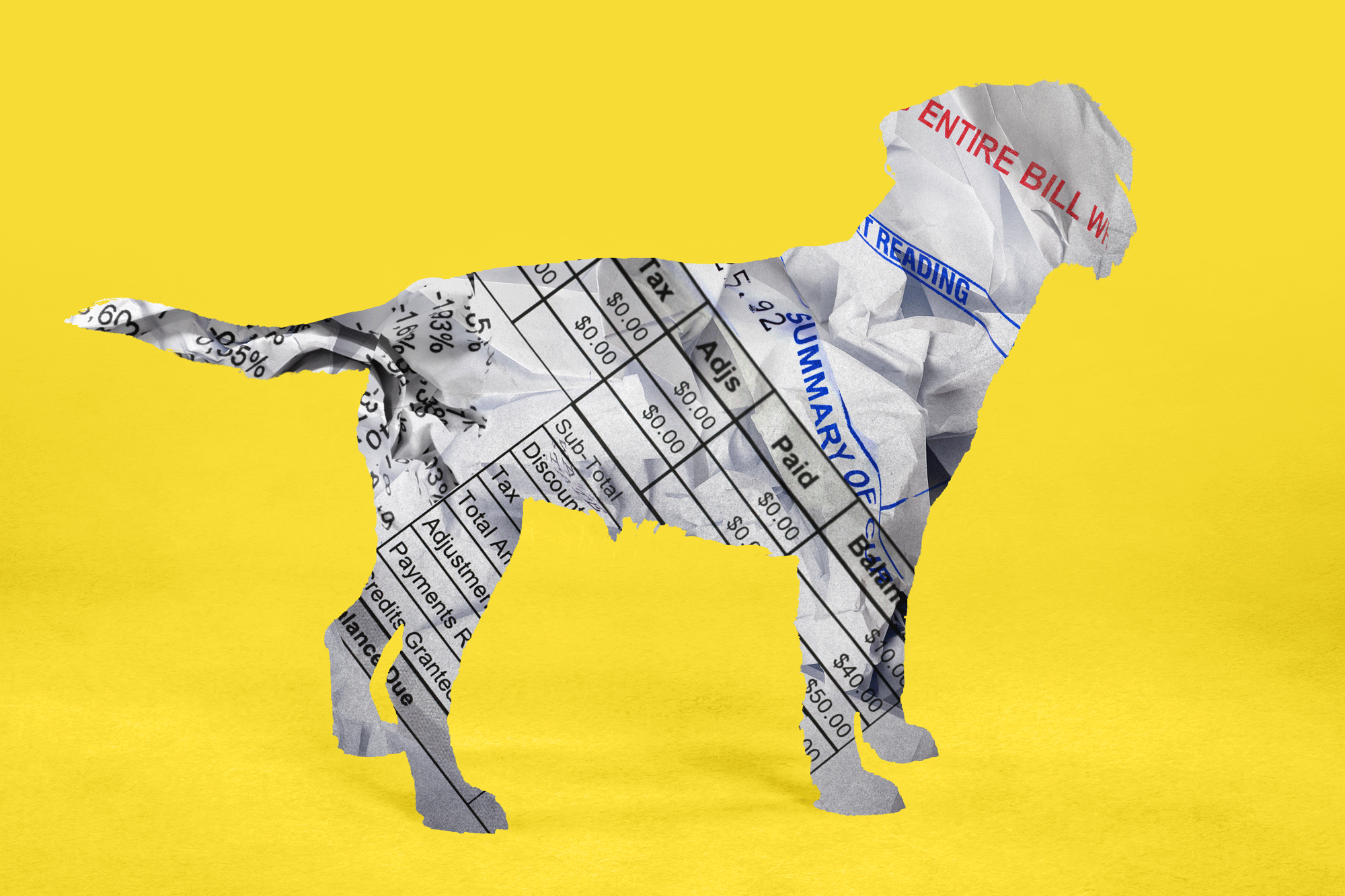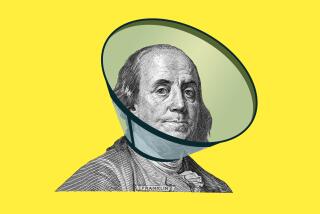Cost of Medical Care Going to the Dogs : Medicine: More people are willing to spend big bucks to treat their animals--including one Washington couple who spent $10,000 to get their dog a kidney transplant.
- Share via
SEATTLE — The patient lay sedated as the $2 million MRI machine in a hospital radiology lab scanned his head, looking for evidence of a brain tumor.
The patient was a cocker spaniel puppy.
People are becoming increasingly willing to spend big bucks on medical treatment for their pets and are demanding the same care available to humans, said Dr. Kim Nicholas, a veterinarian who has referred two animal patients for MRI, or magnetic resonance imaging, in the last six months.
An MRI scan can cost $600 to $800 for a dog, said radiologist Dr. Charles Root of Animal Medical Imaging of Redmond, Wash. Although his service specializes in animals, when expensive machines like MRI are needed he uses facilities built for humans.
The scan revealed the puppy had a treatable inner-ear infection, not a tumor. The MRI machine was covered with blankets and towels for the dog’s examination and was sanitized later.
Dogs also can receive such “people medicine” treatment as hip replacements, bone grafts, ultrasound tests and laser surgery, said Nicholas, president of the Washington State Veterinary Medical Assn.
“People expect the best, and there’s a lot at stake for them emotionally,” said Charlie Powell, a spokesman for the College of Veterinary Medicine at Washington State University in Pullman, Wash.
Jo Anne and Marty Modance of Seattle were not about to let their 8-year-old English bulldog die after he developed kidney problems. Peaches got a kidney transplant last fall from Rex, their 6-year-old Labrador retriever.
It was worth it to the Modances--who describe themselves as middle-income--to spend more than $10,000 on Peaches’ medical bills and $630 a month for medication.
“Pure love and devotion” were the reasons, Marty Modance said. “I was not going to have a vet come over and tell me to put my precious dog to sleep. I’m going to do what I want to do.”
He added: “The precious little thing is so dependent on us. It’s brutal, but we’ve committed ourselves to the long haul. We’re loyal.”
That attitude, and the expense, might outrage some people.
But Nicholas said, “People decide how they choose to spend their money and what’s important to them.” After all, he said, “You don’t see people protesting Magnolia Hi-Fi if someone walks out with a $10,000 stereo system.”
According to the Commerce Department, 34.6 million American households, or nearly 37%, own dogs, and 29.2 million households have cats.
People are becoming more attached to their pets and are willing to do what it takes to care for them, veterinarians say.
“We find it is becoming more socially acceptable for someone who lost an animal to outwardly grieve as much as if they had lost a human relative or friend,” Root said.
More to Read
Sign up for Essential California
The most important California stories and recommendations in your inbox every morning.
You may occasionally receive promotional content from the Los Angeles Times.












